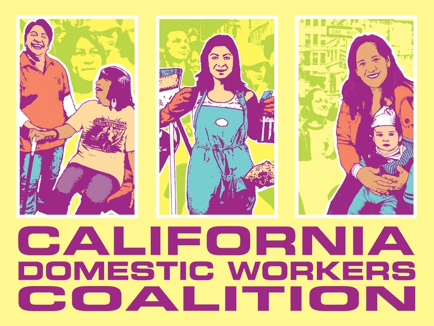Cal Matters |
The hardest parts of Grace Diaz’s caregiving job are the sleepless nights and aches and pains. And the time away from her family.
Even when Diaz’s client, an elderly Alzheimer’s patient, gets a good night’s sleep, Diaz wakes up at her slightest rustle or groan. Diaz’s shoulder bothers her because she often lifts her client from bed to wheelchair.
She lives with her client in Westminster, a city in Orange County, seven days a week, making $15.50-an-hour and sending some to her children back home in the Philippines, from which she emigrated 20 years ago.
Diaz, who is 56, worries that when she needs care, she won’t be able to afford it.
“We take care of the elderly, but I’m not even sure that, if I stay here, I’m going to have the same care that I’m giving right now — if I’ll be able to afford it,” said Diaz.
Like many of California’s caregivers, Diaz says she needs a living wage, safer working conditions and benefits.
That’s important not just for in-home workers, advocates say, but for California’s Baby Boomers, who will need to hire them.
California’s caregiver workforce is already too small, experts say, and many are aging immigrants like Diaz, earning near-minimum wages. A few state lawmakers have introduced bills to protect workers and encourage growth in the workforce.
